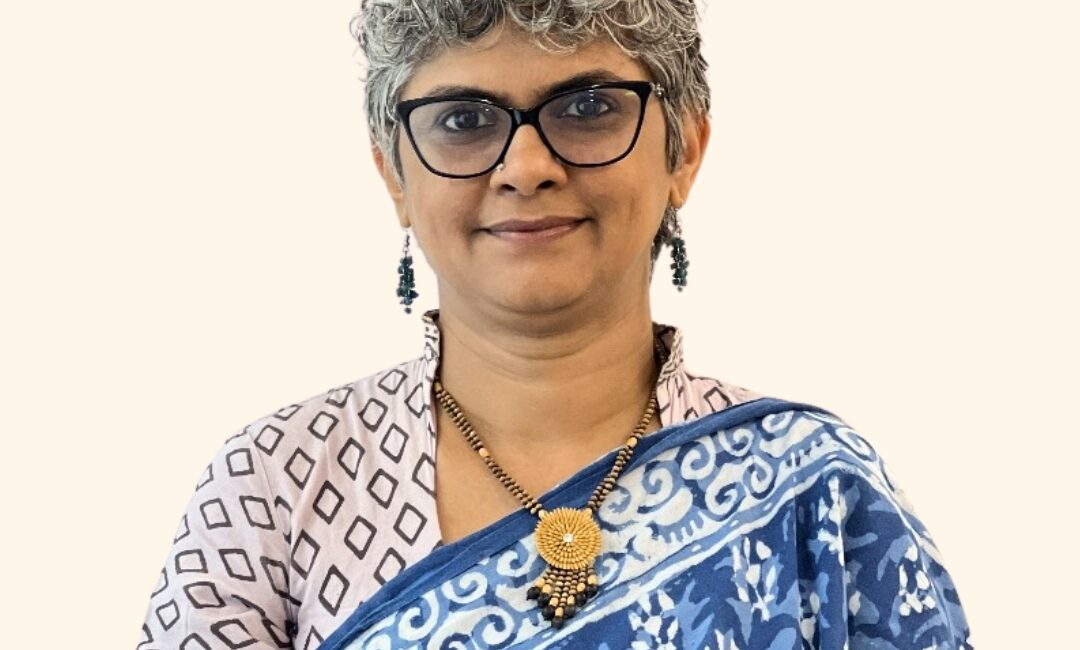Dr. Bhuvaneswari Sunil’s academic journey began with a foundation in economics and econometrics before transitioning to the field of public health. She earned her PhD from the School of Health System Studies at Tata Institute of Social Sciences. Her expertise spans various domains including gender studies, sexual and reproductive health, digital health, violence against women, and feminist research methodologies.
Since 2003, Dr. Bhuvaneswari has been actively involved in numerous research projects. Notable projects in India include assessing the cost-effectiveness of HIV targeted interventions, evaluating the national tuberculosis program, exploring the feasibility of emerging digital health interventions for behaviour change, and analysing health system readiness for digital learning initiatives aimed at empowering healthcare workers. She has conducted several qualitative studies on digital health communication content with diverse population categories.
She has authored and contributed to blogs, monographs, and peer-reviewed journals. Her publications delve into topics such as sexual autonomy, gender, reproductive justice, human rights and the lived experiences of marginalised communities regarding abortion decisions. Recently, her work has shed light on smartphone and social media access among Indian women, within the context of expanding digital interventions.
Dr. Bhuvaneswari is passionate about advancing gender equality, empowering people with appropriate information and bridging gaps in healthcare access. She believes in smart, cost-effective digital solutions through rigorous research and evaluation.
Dr Bhuvaneswari Sunil is associated with Arpan as ‘Director- Research, Monitoring and Evaluation. Additionally, she is an active member of the Coalition of CommonHealth, focusing on reproductive health and safe abortion advocacy and initiatives. She has also played a role in establishing institutional ethics review boards and serves as a mentor and advisor for NGOs dedicated to improving the well-being of children, women, and other vulnerable constituencies.

